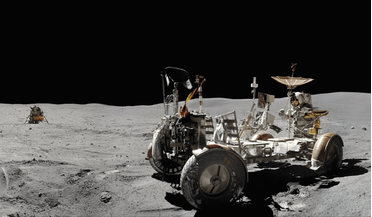 March 2016
Space Mining – the Reality of Tomorrow?
March 2016
Space Mining – the Reality of Tomorrow?
... established international law that has widespread acceptance is the Outer Space Treaty (OST). The so-called Moon Treaty has only a few signatories and has not been ratified by many space powers. Other provisions such as the Liability Convention are...
 March 2016
Space industrialisation needs balanced legal and policy approach
March 2016
Space industrialisation needs balanced legal and policy approach
...-18 (51303). 15 HR 1508, proposed section 51303(c). 16 HR 1508, proposed section 51303(e). 17 Specifically, the Outer Space Treaty’s Art. II notes: “Outer Space, including the Moon and other celestial bodies, is not subject to national appropriation...
 August 2016
Commercial space development spurs trend for public-private collaboration
August 2016
Commercial space development spurs trend for public-private collaboration
...of these areas. Legal framework The 1967 Outer Space Treaty (OST) provides the framework by which all nations utilise and operate in space. The OST is an incredibly forward-thinking document that has kept space a useful and peaceful environment since...
 February 2022
A new legal system for space
February 2022
A new legal system for space
..., got me thinking about the laws that are applicable in space. Many governments signed the UN Outer Space Treaty (OST) in 1967, but the OST only governs what governments do in space, not private companies. Five decades ago, the thought of a private...
 May 2020
An ethical code for living in space
May 2020
An ethical code for living in space
... by academic institutions in their member countries. Important early results were the Outer Space Treaty (OST) of 1967, incorporating the concept of the ‘Peaceful Use of Outer Space’ and the proposal against the placement of nuclear weapons or other...
 April 2021
Managing the Moon - a model for engaging with planetary environments
April 2021
Managing the Moon - a model for engaging with planetary environments
..., with at least 10 missions scheduled before the end of 2021. International treaties such as the Outer Space Treaty (OST) are clear that no territorial claims can be made in space, but the legality of resource extraction is less clear. This position...